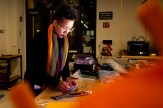People with power must stop delaying the world’s transition away from fossil fuels, Northeastern experts say
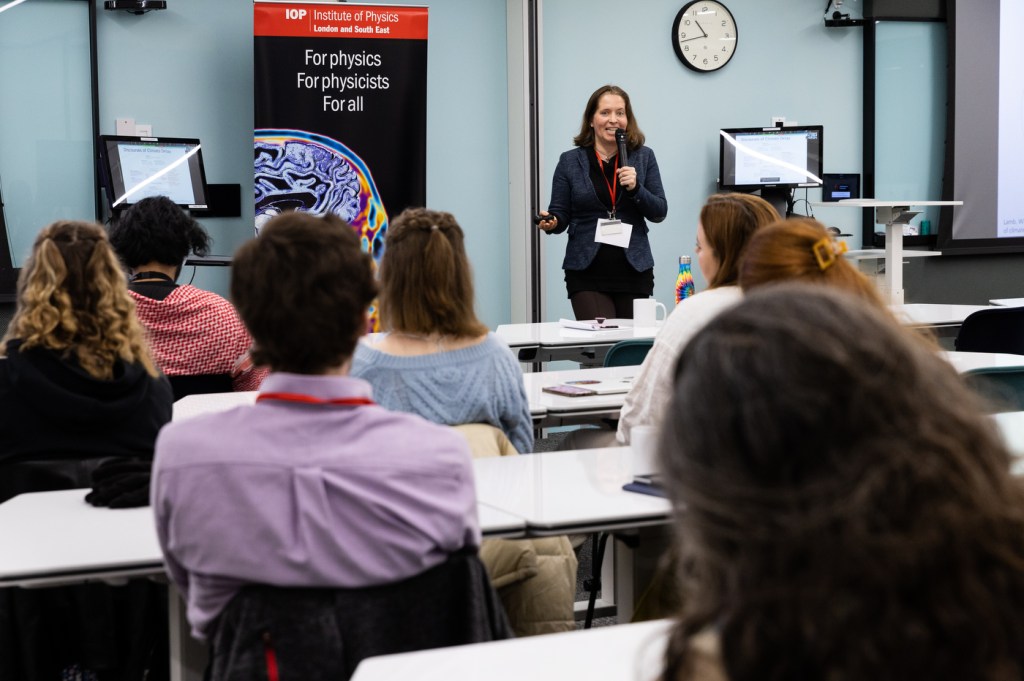
LONDON—We have the power to save the planet and create a more equitable society, say Northeastern experts. But in order to do that, fossil fuels must be phased out.
“The science is clear: fossil fuel production must be phased out to address the climate crisis. It’s an urgent policy priority,” said Jennie Stephens, professor of Sustainability Science and Policy at Northeastern University. However, “most current climate commitments do not even get to fossil fuel phaseout.”
Still, “a more equitable and stable world is possible,” she said at the recent Fossil Fuel Phase Out and Climate Futures conference at Northeastern University’s London campus. “We do have more power than we think.”
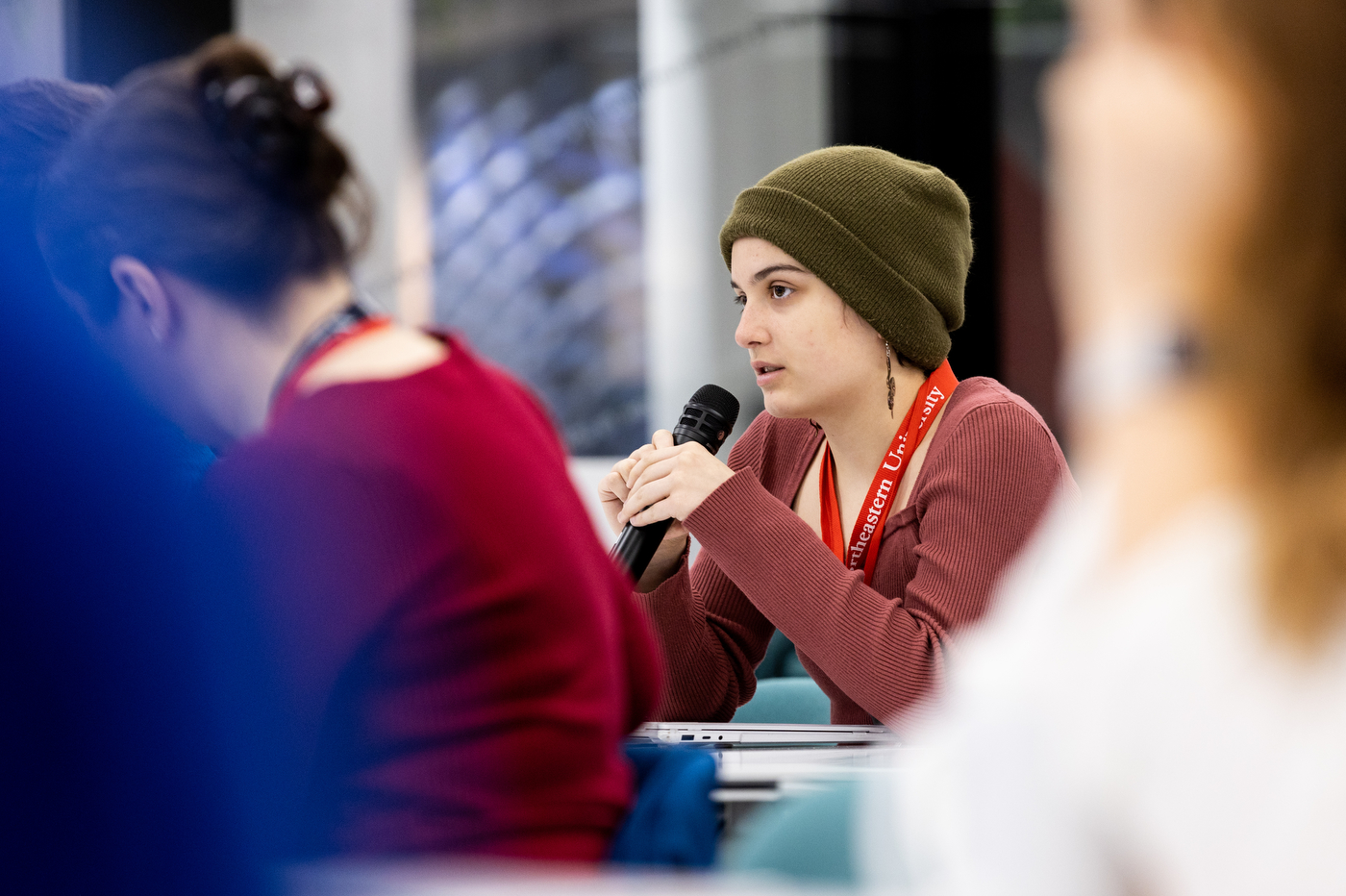
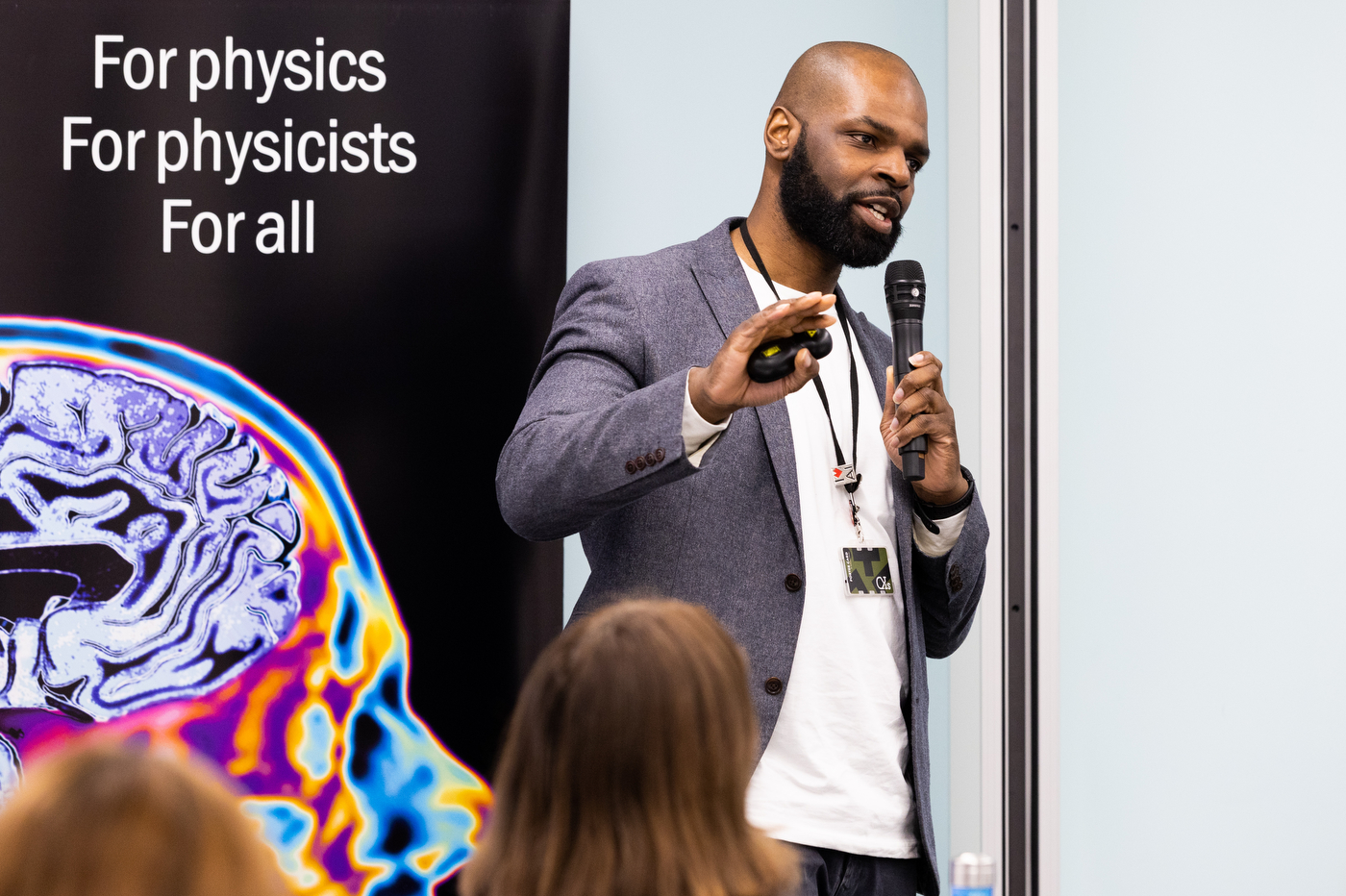
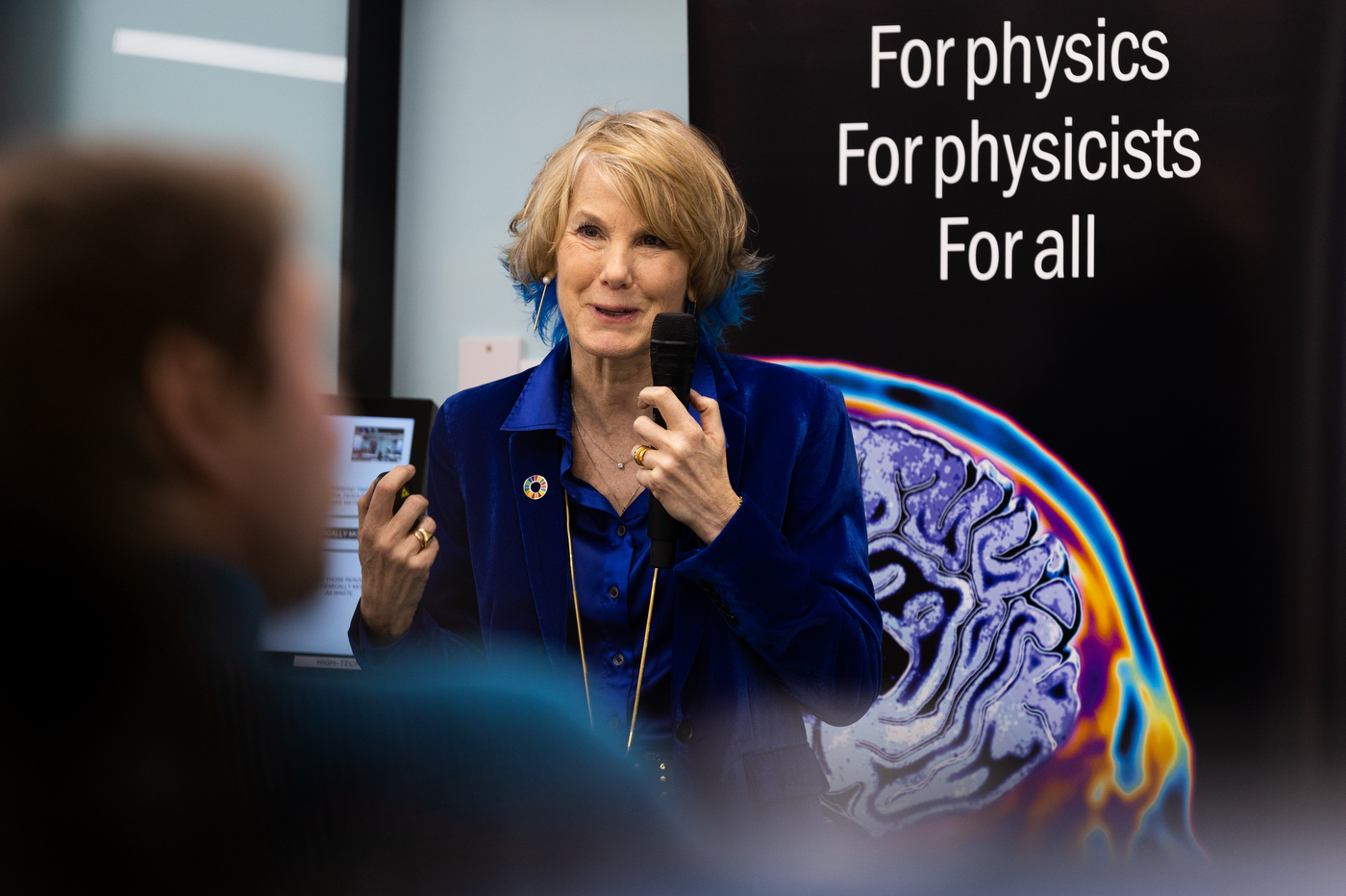
The problem, Stephens said, is that wealth and power tend to go hand in hand, and this benefits the fossil fuel industry.
“The people that are benefitting from the current system, they’re contributing the most to the climate crisis and they’re strategically resisting a transition away from fossil fuels, and they have been for decades,” Stephens said.
Fossil fuel companies once responded to the climate crisis by denying its existence and covering up the impacts of climate change, but now, she said, the tactics have shifted to delaying action. The concept of a carbon footprint is actually a part of this strategy, she said, as it transfers blame for carbon levels onto the consumer. At the same time, the concept of “net zero” carbon emissions gives companies permission to continue contributing to the climate crisis.
But this is unacceptable, Stephens said, as people around the world are already being displaced by climate change. Plus, those who are displaced generally are already marginalized in some way.
“What’s happening is a form of violence,” Stephens said. “It is going to continue to get worse, and it’s not something that any of us can be complacent about.”
We still have the power to take climate action by phasing out fossil fuels while creating a just world at the same time, she said. In fact, Stephens said, the two go hand in hand. At the same time that we take climate action, Stephens said it cannot be divorced from social justice and helping to resolve the inequalities that plague society. Fossil fuel phaseout isn’t just about lowering pollution. “It’s critical for a just future,” she said.
“Climate change itself is not actually a problem, it’s a symptom of a larger problem,” she said. She called climate change part of a “poly-crisis.”
“All these problems are linked together. We can’t address any issue in isolation from the others,” she said. Any climate solution must work toward the collective good and invest in communities with a focus on collective action.
“We could get there if we decided we wanted to,” she said. “We all have power. The only way this can change is if we get involved and engaged and resist these tactics of delay.”
Some companies are putting these ideas into practice. Northeastern University London assistant professor Alex Cline spoke about cloud computing and information and communication technology (ICT) more broadly. ICT uses a lot of energy, he said; in fact, it could go up to 21% of global power consumption by 2030.
“As we are trying to meet these climate energy goals, this is a huge consideration,” Cline said, especially for big cloud companies like Amazon and Google. Amazon has a climate pledge to go carbon neutral by 2025, and Google Cloud made a pledge to use only renewable energy by 2030.
“There is an element of greenwashing here,” Cline said. Companies can buy carbon offsets, essentially making their pledges empty promises. At the same time, Cline said, Amazon is building solar farms and investing in energy production, so there is some action behind their pledge.
Still, the labor violations for which Amazon is well known cannot be overlooked, Cline said. “And I think we need to be intersectional when we’re thinking about solutions,” he said.
Intersectionality is at the forefront of Northeastern University London assistant professor Mark Martin’s latest project, which empowers children to take action on climate change while also giving them tools to take into the workplace.
The United Kingdom recorded the world’s first air pollution death in 2020, Martin said. And in one London borough called Tower Hamlet, one of the poorest in London, children’s lung function is 5% less than the national average.
“There are real problems on our doorstep,” Martin said.
He proposed that in order to address this problem, getting children involved was key. In a new project that involves students at Northeastern University London, Martin is working to create a kit that school children can use to track the air pollution in their community.
This project combines experiential learning for both Martin’s students and the schoolchildren, creating an opportunity for them to learn while they become climate advocates. In this way, the project also has a social justice component.
“Students can actually say we’ve created an impact in our local space by empowering high school students to start to measure some of the air quality,” he said.

